Now that the myth of “theory-practice gap” has been largely refuted what role might IR and journals like International Affairs play in crafting a “reparative praxis”?
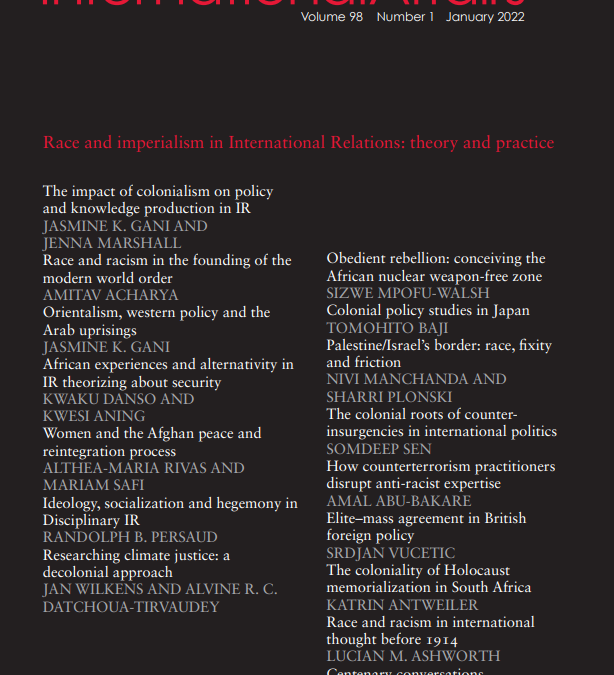
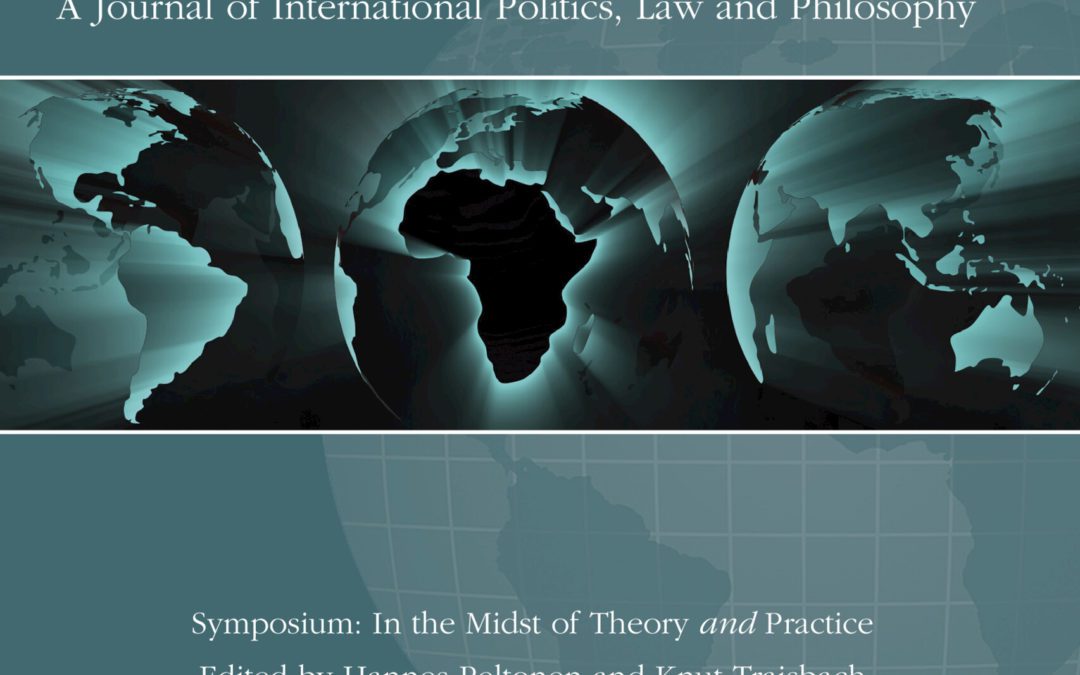
Way back in the summer I commissioned a symposium on Adam Lerner's provocative 2021 International Theory (vol. 13, no 2: 260-286) article, "What's it Like to be a State? An Argument for State...
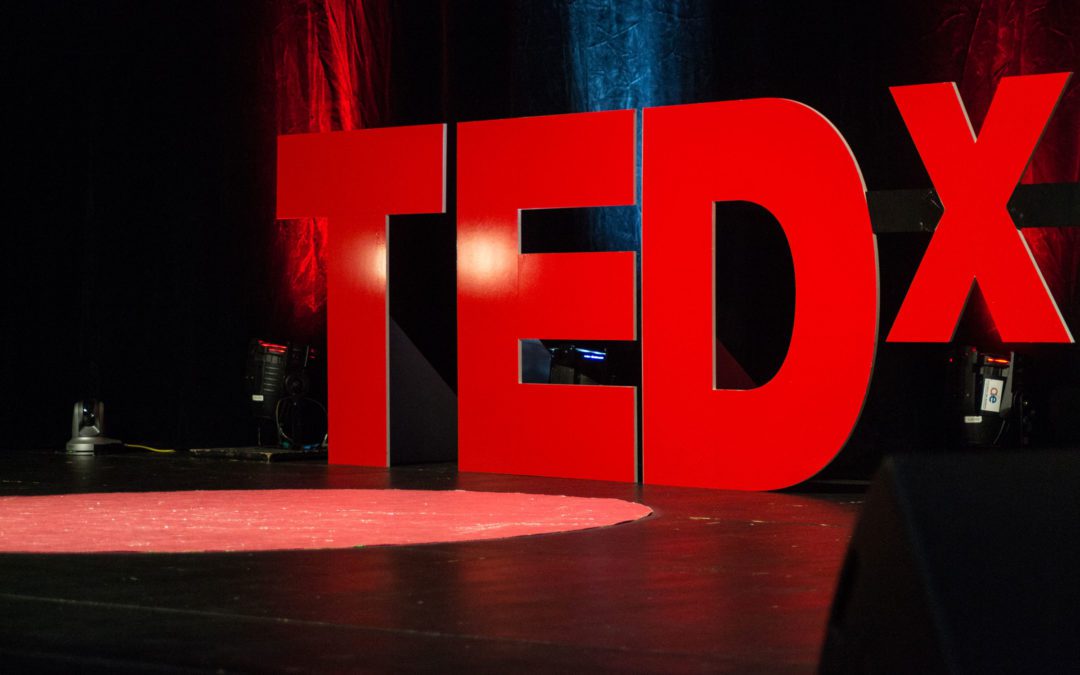
Paul Musgrave concludes the “Lab Leaks” symposium by engaging with his interlocutors and reflecting on the challenges faced by political science in an era of public-facing scholarship.

Musgrave’s identification of dangerous ideas is correct, but his metaphor risks entrenching the fundamental problem: the (inevitable) weaponization of “scientific objectivity.”

This is a guest post from Dr. Joshua R. Moon is a Research Fellow at the Science Policy Research Unit (SPRU), University of Sussex, researching biomedical research global health security policy. This post is based upon his PhD research, and further investigation into UN SGM Reports. Josh can also be found via his Research & Twitter Donald Trump’s withholding of WHO funding, pending an independent review of WHO’s activities in the COVID-19 pandemic, has been lambasted around the world (some examples here, here, and here). In response, WHO Director General Dr. Tedros Adhanom Ghebreyesus...

The following is a post by ISA journal editors Krista Wiegand (International Studies Quarterly), Debbie Lisle (International Political Sociology), Amanda Murdie (International Studies Review), and James Scott (International Studies Perspectives). There has been a lot of talk in academia about the many negative consequences the COVID-19 pandemic has generated, ranging from declining enrollments, inability to travel for field research or conferences, and research productivity working from home. As editors of the International Studies Association (ISA) journals, we started noticing some new...

This is a guest post by Sebastian Schindler, Assistant Professor at Geschwister-Scholl Institute for Political Science at LMU Munich, Germany. Recently his article “The Task of Critique in Times of Post-Truth Politics” has appeared in the Review of International Studies. Did the Corona virus really originate in an animal market in the Chinese city of Wuhan? Did it not rather stem from secret Chinese military labs, as early conspiracy theories claimed? Or was the pandemic planned by Bill Gates on behalf of pharmaceutical companies, as some Instagram posts suggested? And is the virus really as...
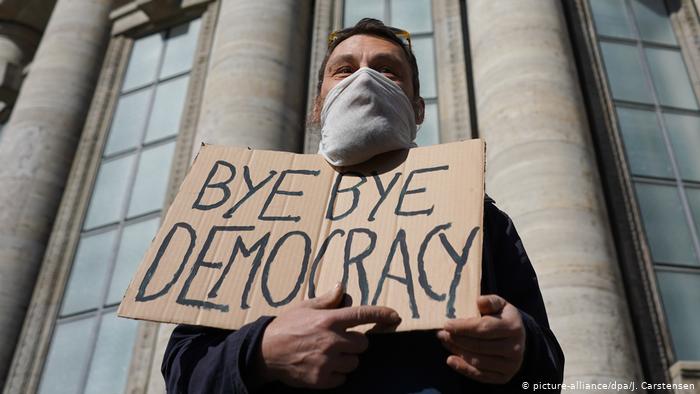
This is a guest post by Jeffrey C. Isaac, James H. Rudy Professor of Political Science at Indiana University, Bloomington. You can follow him at his blog at Democracy in Dark Times. The coronavirus has thrown the entire world into a terrifying crisis that challenges public health and the very possibility of normal social interaction. If ever there were a time when scholarly research and relevant knowledge were needed, it is now. Public officials and journalists have clamored for new scientific and medical research, and universities and university-based scholars have answered the call. And...
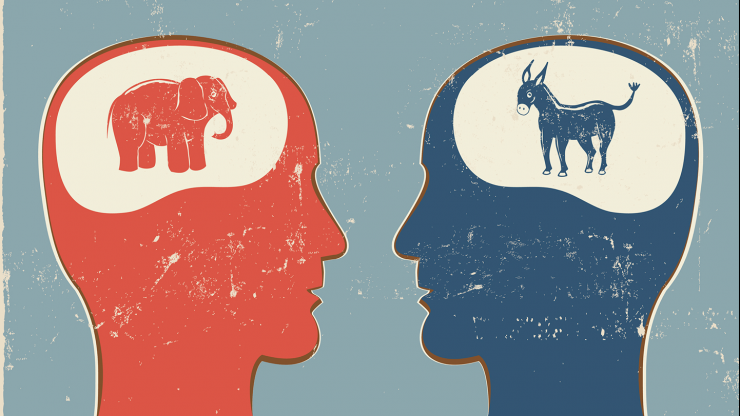
The following is a guest post by Dr. Leah Windsor. Dr. Windsor is a Research Assistant Professor in the Institute for Intelligent Systems at The University of Memphis where she directs the Languages Across Cultures and Languages Across Modalities labs. From 2014-2019 served as PI for a Department of Defense Minerva Initiative grant, using computational linguistics to analyze political communication in international relations. Why are we seeing an uptick in discussions about non-mainstream theories about the origin and spread of Covid-19? In my recent social media feeds, I have noticed more...
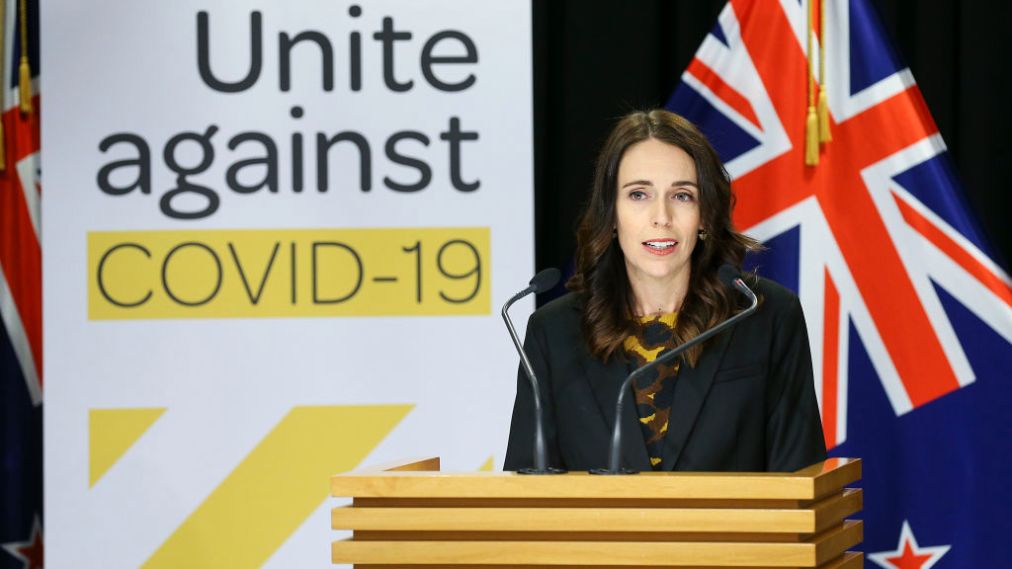
This is a guest post from Robert L. Ostergard, Jr., an Associate Professor of Political Science at the University of Nevada, Reno – follow him on twitter @RobertOstergard History sometimes has a way of rearing its ugly head repeatedly. The COVID-19 pandemic is something few people have ever seen, but it is not new in history. Neither is the fragmented nor uneven and missing policy responses to it. How political leaders respond during the initial stages of pandemics can affect their trajectory and duration. Research from political science, public health, and government agencies shows that...
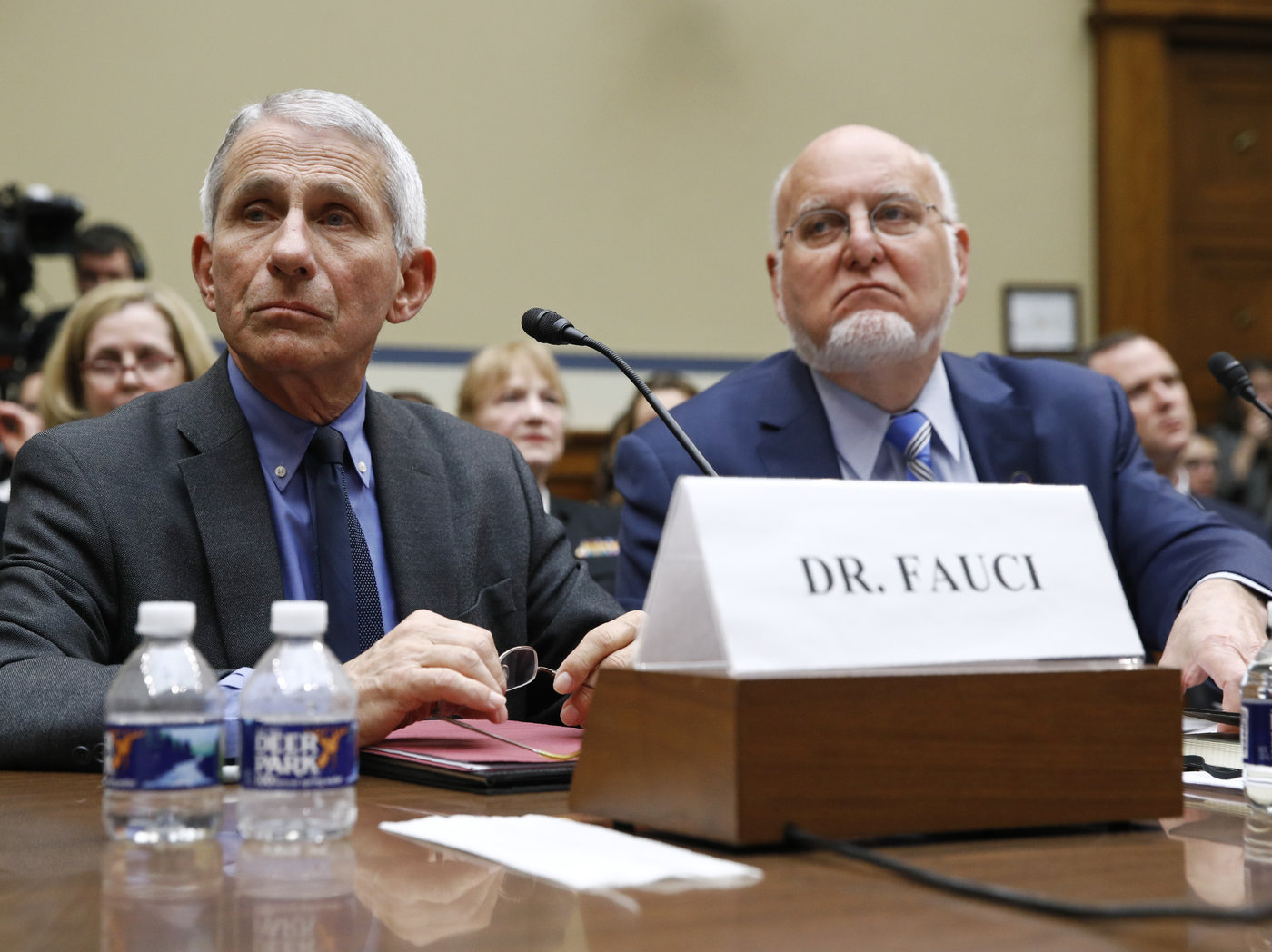
This is a guest post from Erik Dahl, an associate professor of national security affairs at the Naval Postgraduate School in Monterey, California, and the author of Intelligence and Surprise Attack: Failure and Success from Pearl Harbor to 9/11 and Beyond (Georgetown, 2013). The opinions expressed in this article are the author’s alone, and do not necessarily reflect the views of the Naval Postgraduate School or the U.S. Department of Defense. As many parts of the United States begin to slowly reopen amid the continuing coronavirus pandemic, there are increasing calls in Congress and from...
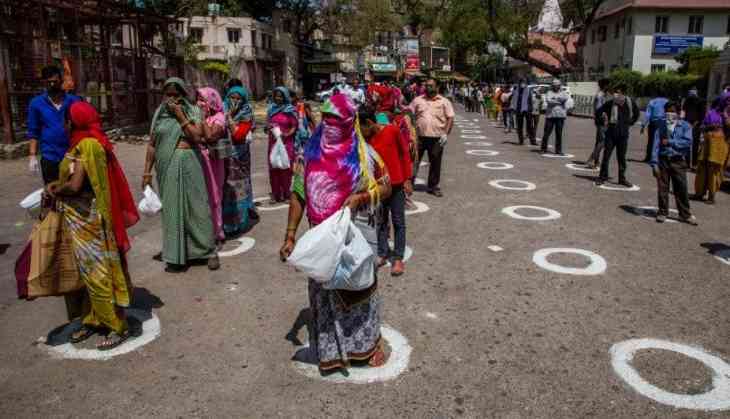
This is a guest post from Suparna Chaudhry, incoming Assistant Professor of International Affairs at Lewis & Clark College. Her research focuses on human rights, international law, and political violence, with a focus on state persecution of NGOs. She can be found on Twitter @SuparnaChaudhry. On March 24, Indian Prime Minister Narendra Modi imposed a three-week national lockdown on India’s 1.3 billion people. Domestic and international air travel, passenger trains, interstate buses and metro services were all suspended. State borders were sealed and states had to ensure, “no movement of...